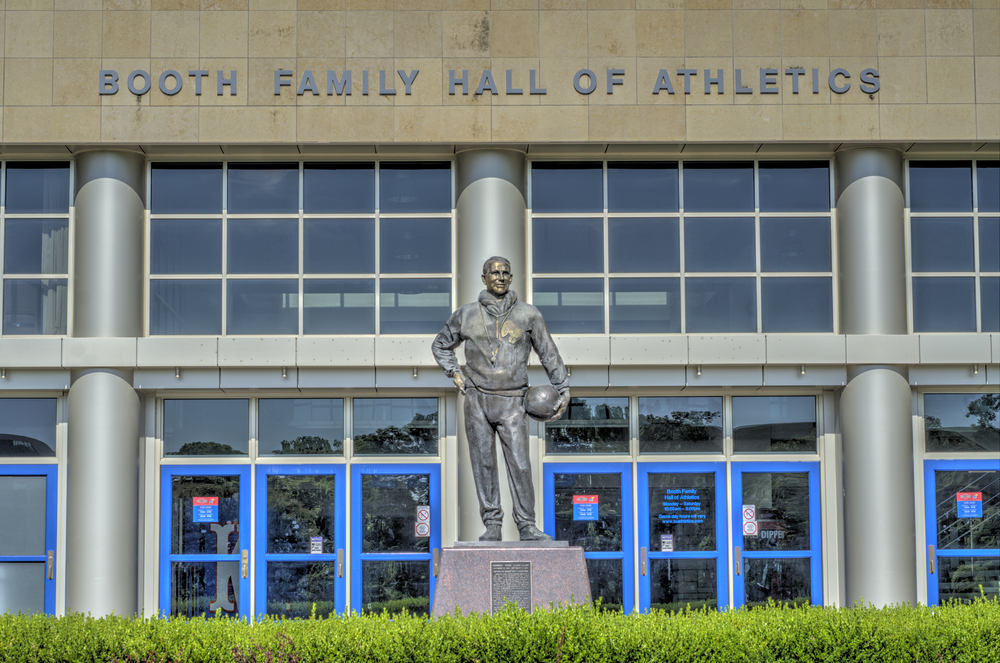If you are a tenant leasing a commercial property, your lease likely contains a covenant of quiet enjoyment. But do you know what rights you have under the provision? Here’s an example: a tenant leases space in a mixed-use development to operate a spa. Spa customers have recently started to complain that they can hear loud music coming through the wall from the spin studio next door. Can the spa complain to its landlord that its right of “quiet enjoyment” under the lease is being violated? Can the tenant stop paying rent? Under Georgia law, the answer is no.
What is the covenant of quiet enjoyment?
In Georgia, a covenant of quiet enjoyment is implied in every lease. It may also be explicitly stated in the lease. A typical quiet enjoyment provision might include the following language: “Upon payment by Tenant of all Rent and other charges and the performance of all the covenants, conditions and provisions on Tenant’s part to be observed and performed under this Lease, Tenant shall have quiet enjoyment of the Premises for the Term.” But what rights do you have as a tenant under this provision?
The covenant of quiet enjoyment guarantees that the landlord has good title and can give a free and unencumbered lease of the premises to the tenant for the stated term. To prove a landlord has breached the covenant of quiet enjoyment, a tenant must show that they have been evicted or that their right to occupy the property has been threatened by someone else with a superior ownership claim to the landlord.
What is NOT included?
The covenant of quiet enjoyment does not literally guarantee a tenant’s right to “quiet” conditions or peaceful “enjoyment” of the leased premises. For many years, the law in Georgia was unclear, due to a line of cases in which the courts found that a landlord’s “substantial interference” with a tenant’s right to use and enjoy the premises could be a violation of the covenant of quiet enjoyment. In those cases, tenants alleged landlords breached the covenant of quiet enjoyment based on allegations including the landlord’s failure to prevent criminal activity at the leased premises, the landlord engaging in construction or renovations that disrupted the tenant’s business, and the landlord’s failure to repair the leased premises.
In 2016, the older line of cases was overruled. See George v. Hercules Real Estate Servs., Inc., 339 Ga. App. 843, 850, 795 S.E.2d 81, 88 (2016). In the George case, the Court of Appeals clarified that the covenant of quiet enjoyment does not include a constructive eviction unless it is based on a defect in the landlord’s title to the leased premises.
While you may not be able to prove your landlord breached your lease based on a violation of the covenant of quiet enjoyment, there may be other applicable provisions in your lease. If you are a landlord or a tenant and you need advice regarding your rights and responsibilities under your commercial lease, please reach out to me.
Katherine Silverman is a business litigator with a unique depth of experience in handling commercial real estate disputes.

